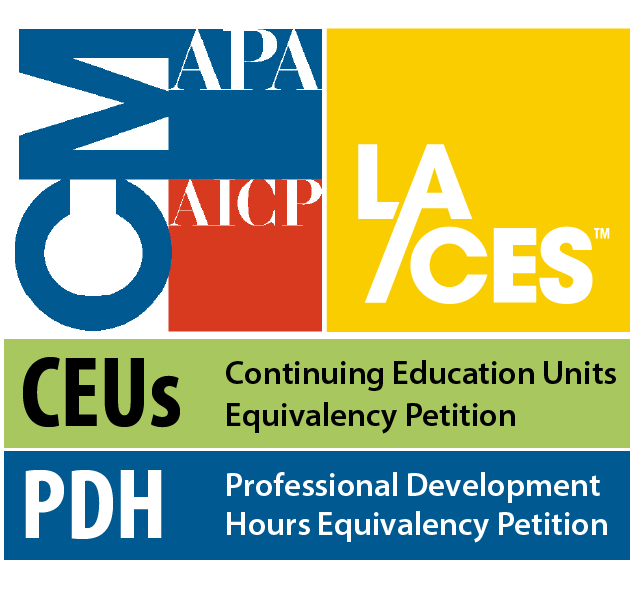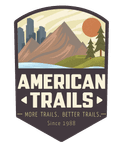This webinar will present information on how outdoor spaces can pose safety and accessibility concerns for those with various disabilities and will introduce solution-seeking methods of dismantling accessibility barriers that are applicable to parks, trails, and similar natural environments.
Webinar Outline
This webinar will present information on how outdoor spaces can pose safety and accessibility concerns for those with various disabilities. Attendees will be introduced to solution-seeking methods of dismantling accessibility barriers that are applicable to parks, trails, and similar natural environments. A variety of solutions will be presented of varying price points, complexity, and environmental considerations, all in order to help facilities grow in a way that is sensible, sustainable, and most importantly, impactful for themselves and their surrounding community. Resources slides at the end will be optimized to be a strong stand-alone document that park leaders can reference when seeking to spearhead projects independently.
Learning Objectives:
- Understand how physical, sensory, and cognitive disabilities can make navigating outdoor spaces difficult or dangerous.
- Recognize the diversity of accessibility solutions available to parks and public facilities, and will consider multiple factors when deciding which solutions will work best for them (these factors include community feedback, the needs of the surrounding environment, ADA legislation, and available resources).
- Recognize four solution categories that can enhance accessibility, including: a) general maintenance of the physical space [including but not limited to spaces covered by the ADA], b) access to information both virtually and on site, c) resources provided to visitors, and d) changes made to the physical space.
- Be introduced to over a dozen specific accessibility solutions of varying complexity, and how they can benefit visitors with disabilities.
- Access a resource slide after the presentation that will directly link to agencies, guides, and similar tools that will be helpful when park leaders begin planning these projects independently.
Trail Competencies
-
Project Planning and Design
- • Trail Specifications
-
Relevant Trail Types
General. All trail types are relevant.
Learning Credits and CEUs

Learning credits will be available to attendees and are included in the registration fee. The length of the session will determine the number of hours/credits given. In order to obtain credits, attendees must fill out an evaluation survey for each session they attend, as well as complete a learning credit tracking form noting each session they are requesting credits for (or a quiz if virtual). This form (and complete instructions) will be available online as well at registration. Email the conference host or [email protected] with any questions.
American Trails is a certified provider and can offer the following learning credits and continuing education opportunities: AICP CM, LA CES (most HSW approved), NRPA CEU Equivalency Petition, and CEU/PDH Equivalency Petition for other accepting organizations.
You may also like
Related Upcoming Trainings
This training has been viewed 1425 times.
